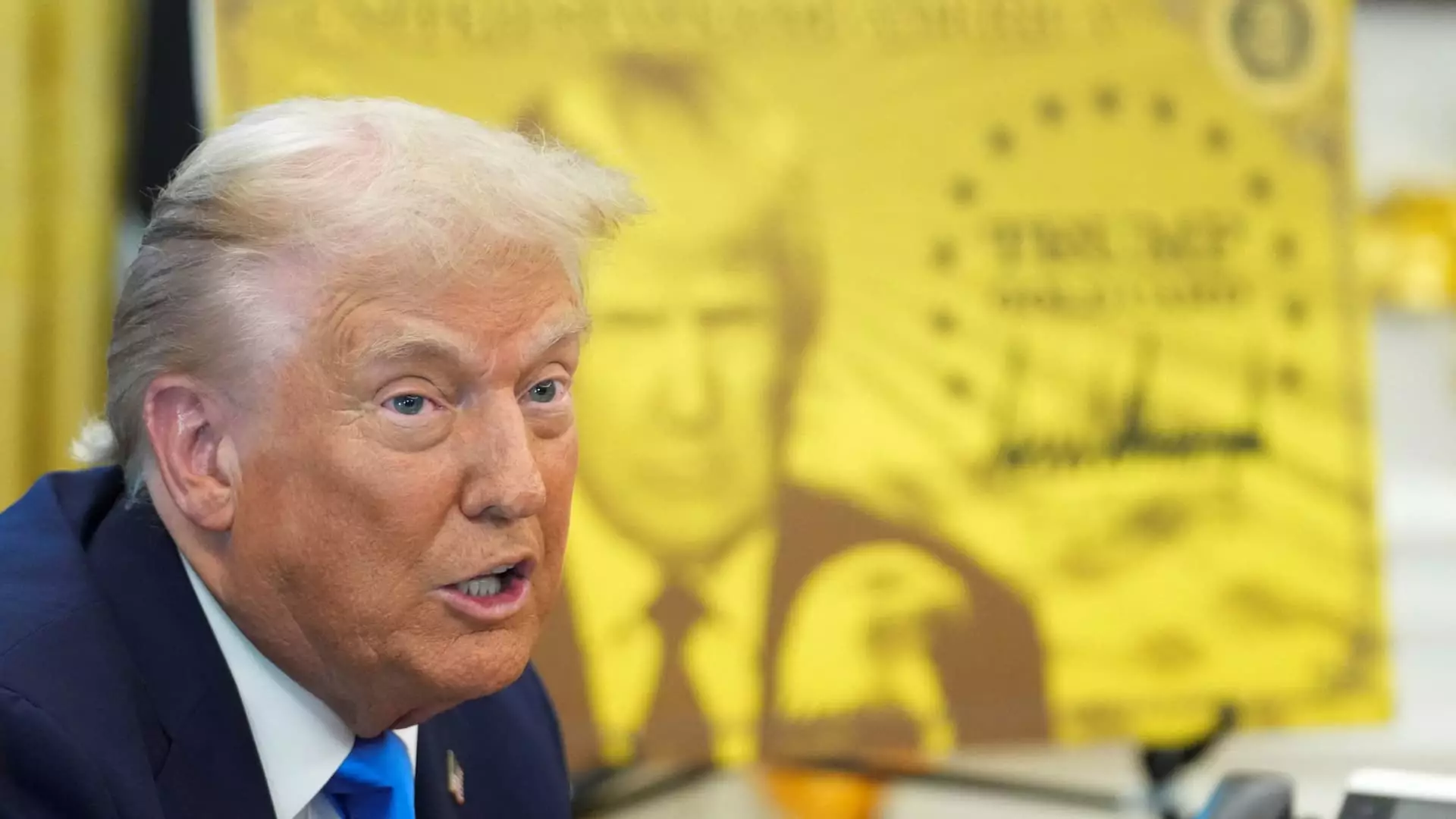The announcement of a $100,000 annual fee per H-1B visa by the Trump administration signals not just a policy change, but an ideological shift that could significantly hinder the nation’s economic vitality. Far from a simple regulatory tweak, this move risks unraveling a crucial pillar of America’s technology and finance sectors—industries that thrive on attracting global talent. The immediate reaction from major corporations like Amazon, Microsoft, and JPMorgan Chase reveals widespread anxiety, highlighting that these companies’ success heavily depends on highly skilled immigrants. The executive advisories urging visa holders to leave or remain in the U.S. under uncertain conditions only exacerbate the chaos, revealing a government increasingly disconnected from the needs of a dynamic, innovation-driven economy.
The Ripple Effect on Innovation and Global Leadership
By targeting employment-based visas, particularly the H-1B program, the Trump administration appears intent on reshaping America’s image as a welcoming innovation hub. However, instead of fostering a competitive edge, this crackdown risks crippling the very industries that have driven the U.S. into technological leadership. Silicon Valley’s reliance on international talent is well-documented; over 20,000 H-1B visas are issued to major tech giants annually. Cutting off this pipeline threatens to slow down innovation, diminish productivity, and push talent acquisition to more open, welcoming nations.
Furthermore, the decision underscores a misguided prioritization of protectionism over progress. The U.S. has long benefitted from the more flexible immigration policy that attracts the brightest minds worldwide. Curtailing this influx merely hampers access to cutting-edge research, diverse perspectives, and the competitive advantages that come with a globalized workforce. The potential decline in technological advancements endangers not only economic growth but also America’s standing as the global leader in innovation.
National Security or Economic Recklessness?
Critics argue that this move is more about political posturing than substance, risking the country’s reputation among global partners. India, South Korea, and other nations are already reassessing their diplomatic and economic strategies, with concerns mounting over disrupted business continuity and human capital flows. The humanitarian implications—families torn apart, careers halted—highlight that this isn’t just an economic issue but a profound moral dilemma as well.
The administration’s stance suggests a desire to prioritize domestic employment, yet it ignores the broader economic costs. Highly skilled immigrants often fill roles in research, development, and specialized sectors where domestic talent is insufficient. Restricting these visas could lead to talent shortages, reduced innovation capacity, and ultimately, economic stagnation. This approach seems shortsighted in its failure to recognize that global competitiveness relies heavily on openness to skilled migration, not restriction.
Shifting the Focus from Progress to Protection?
From a center-left liberal perspective, this policy demonstrates a troubling prioritization of xenophobia and economic nationalism over pragmatic progress. The United States has historically thrived by embracing diversity, fostering innovation through international collaboration, and welcoming talent regardless of borders. By attempting to curtail highly skilled immigration, the current administration risks reversing decades of progress in science, technology, and economic growth.
In the long run, this approach undermines the country’s core strengths: its ability to attract global talent and its commitment to pioneering innovation. The policy not only jeopardizes economic vitality but also threatens America’s reputation as a land of opportunity for the best and brightest worldwide. Instead of doubling down on exclusion, the focus should be on creating pathways that enable talented individuals to contribute to the American economy while ensuring national interests are protected through smart, balanced immigration reform.
This move, laden with reckless implications, underscores a broader trend of prioritizing political appeasement over long-term strategic gains. It reveals an administration that prefers short-term symbolism over substantive policy—an attitude that could cost America its competitive edge and diminish its tradition of openness that has been central to its economic success and global influence.

